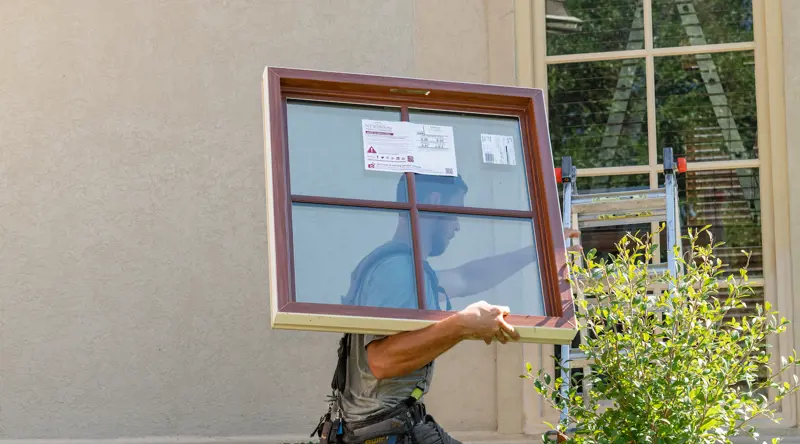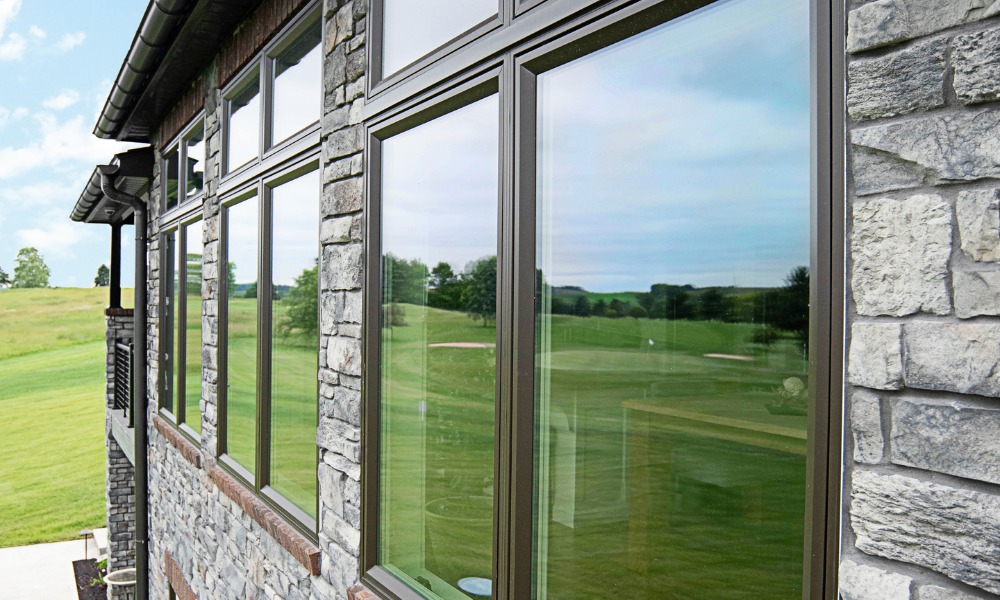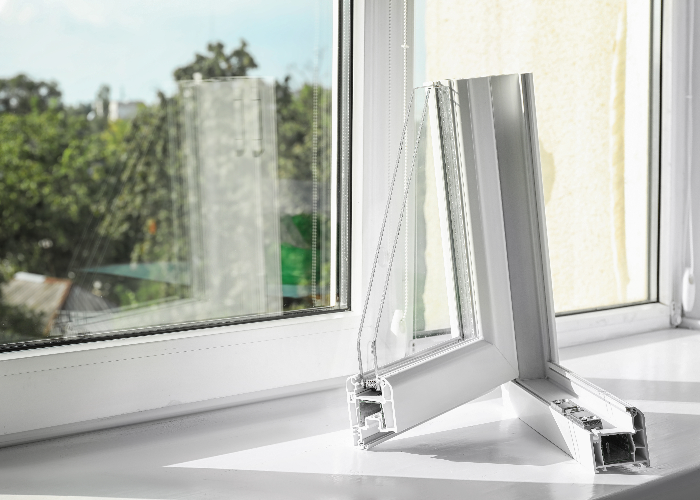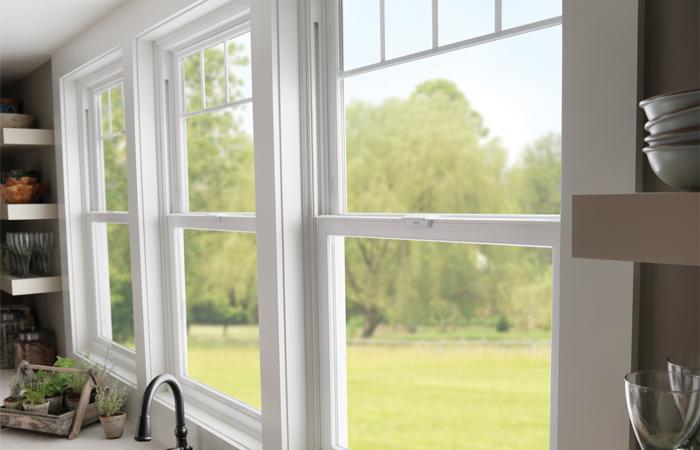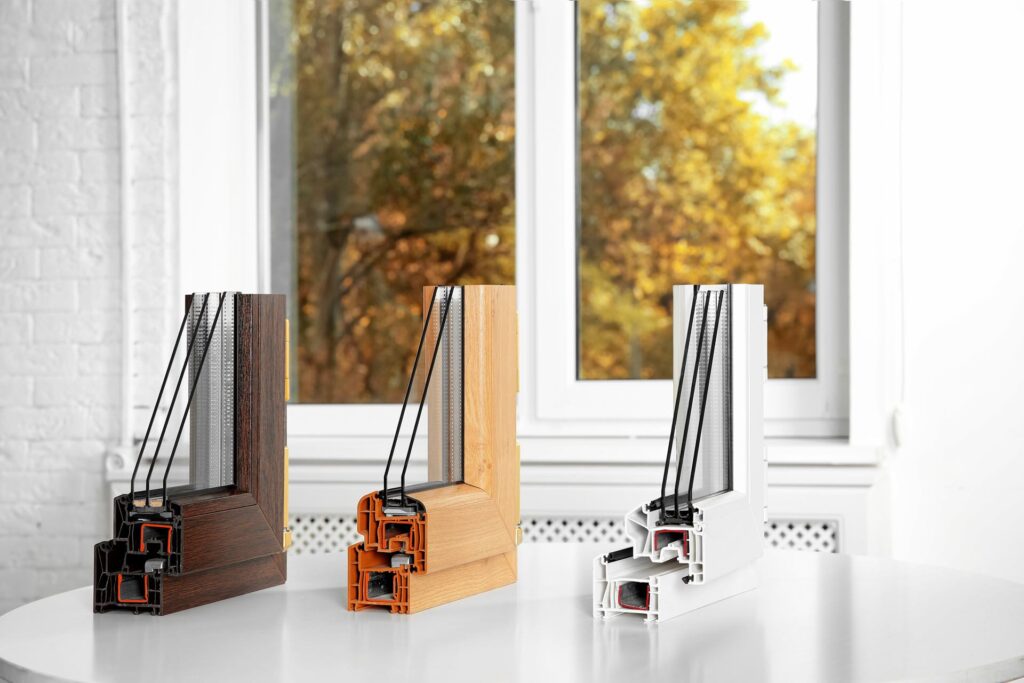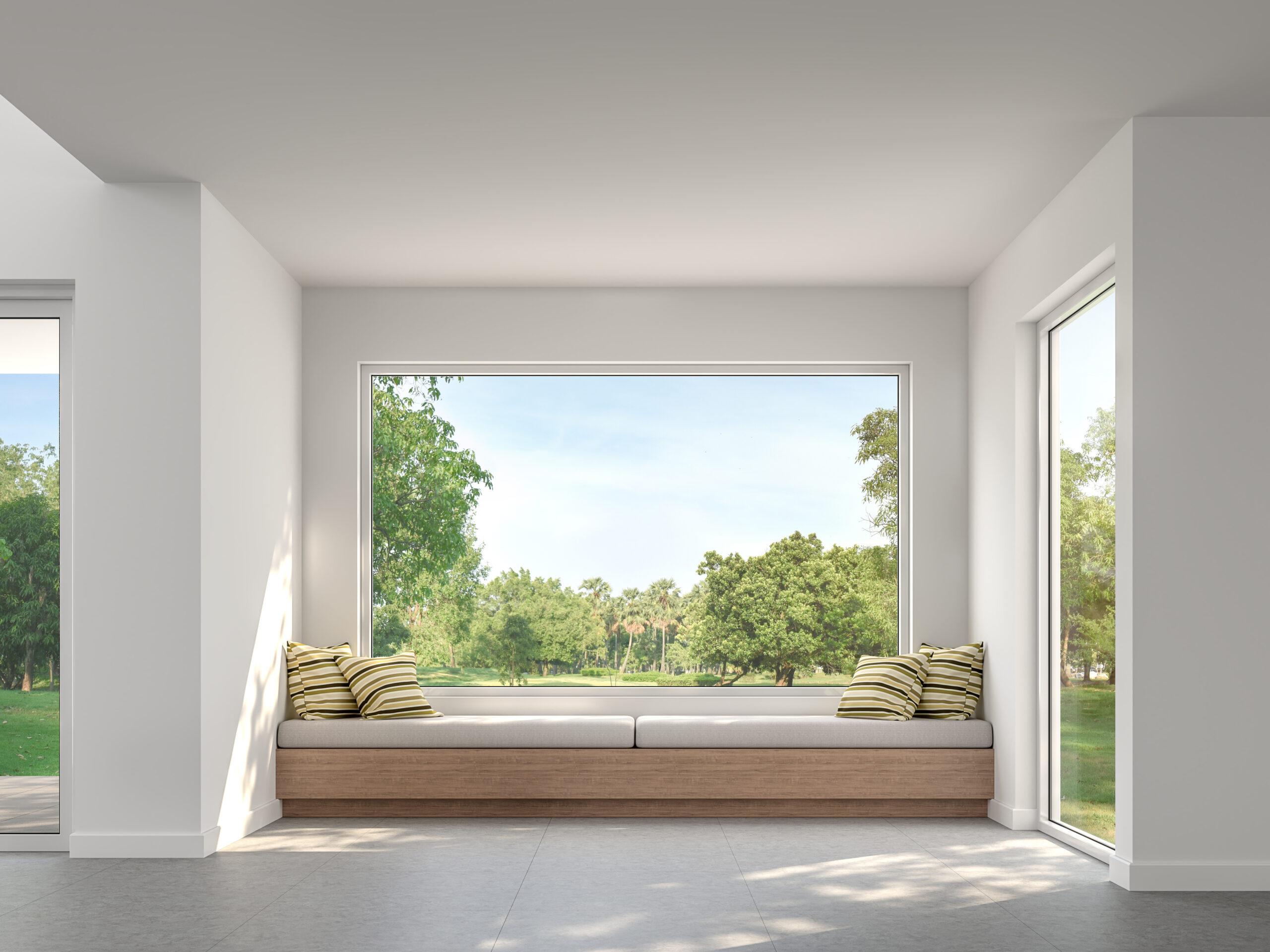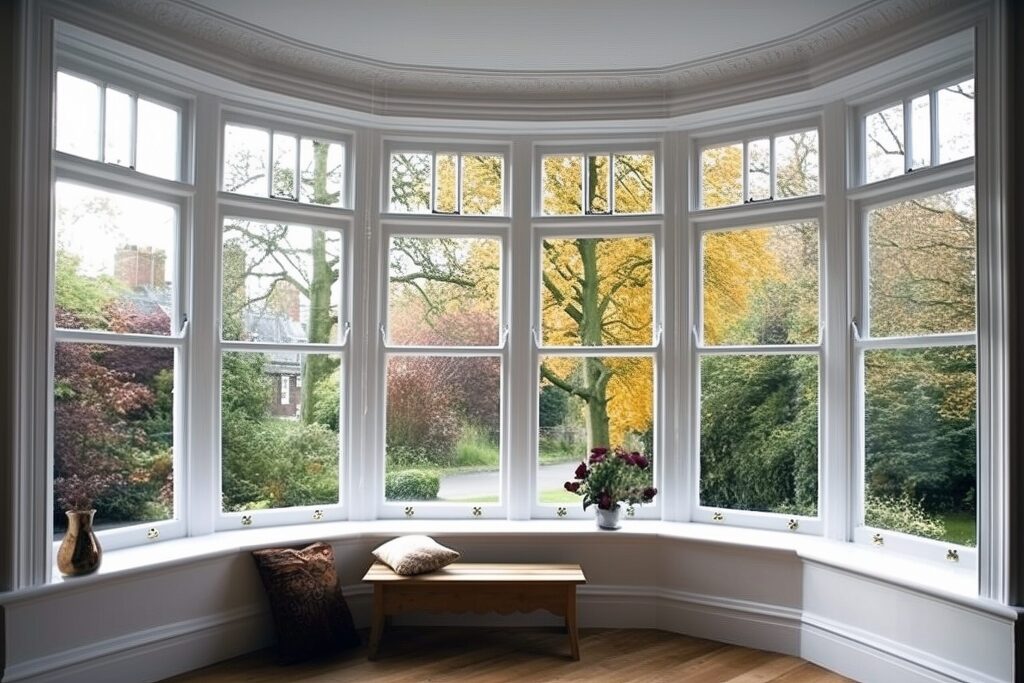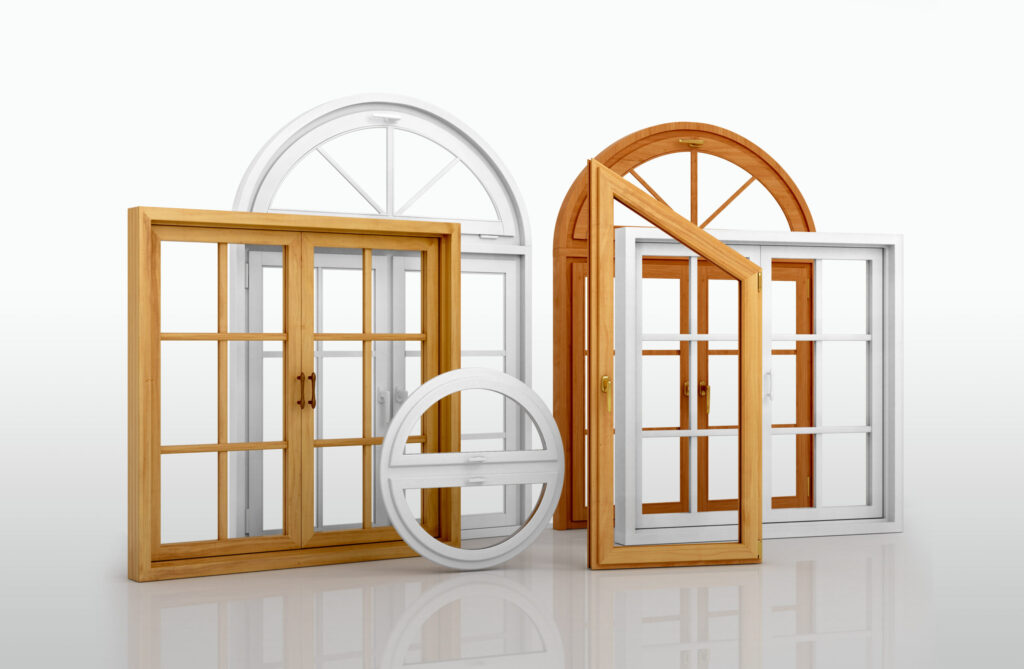Replacing Glass in Windows: A Comprehensive Guide for Homeowners
Replacing glass in windows is a common home improvement task that can enhance the energy efficiency, security, and aesthetics of your home. Whether you need to fix a broken pane or upgrade to more advanced glass options, understanding the process and options available will help you make informed decisions. This guide will walk you through the key considerations when replacing window glass, the different types of glass available, and when to consider professional help.
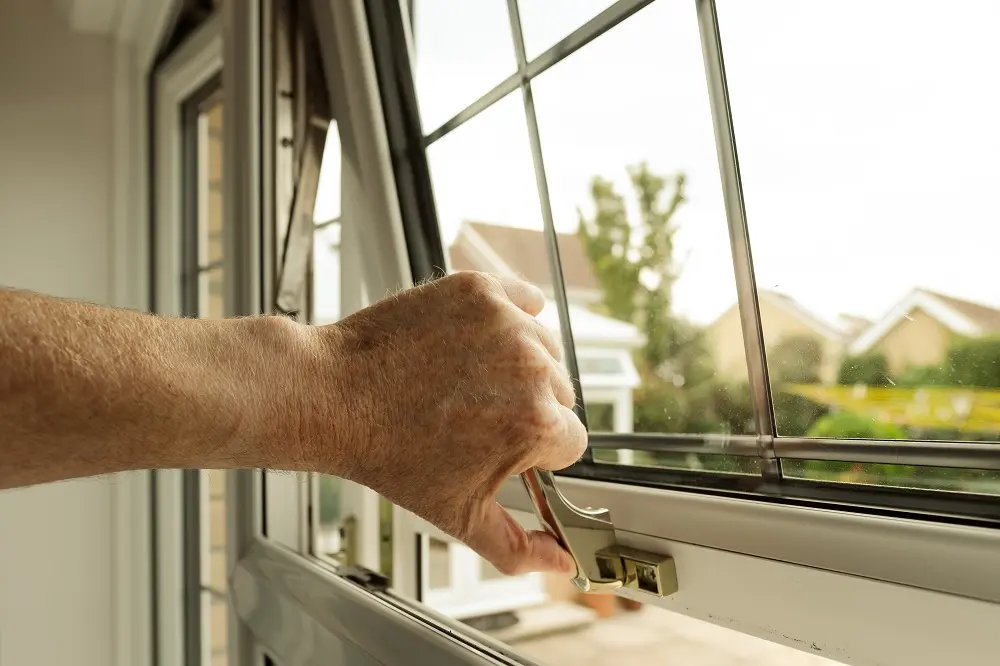
Why Consider Replacing Glass in Windows?
There are several reasons why homeowners might consider replacing glass in windows:
- Broken or cracked glass: Whether from an accident or natural wear, broken glass poses safety risks and reduces energy efficiency.
- Energy efficiency: Upgrading to double or triple-pane windows with insulating properties can reduce energy bills and improve comfort.
- Aesthetic upgrades: Swapping old, foggy, or damaged glass for new, clear panes can improve the look of your home.
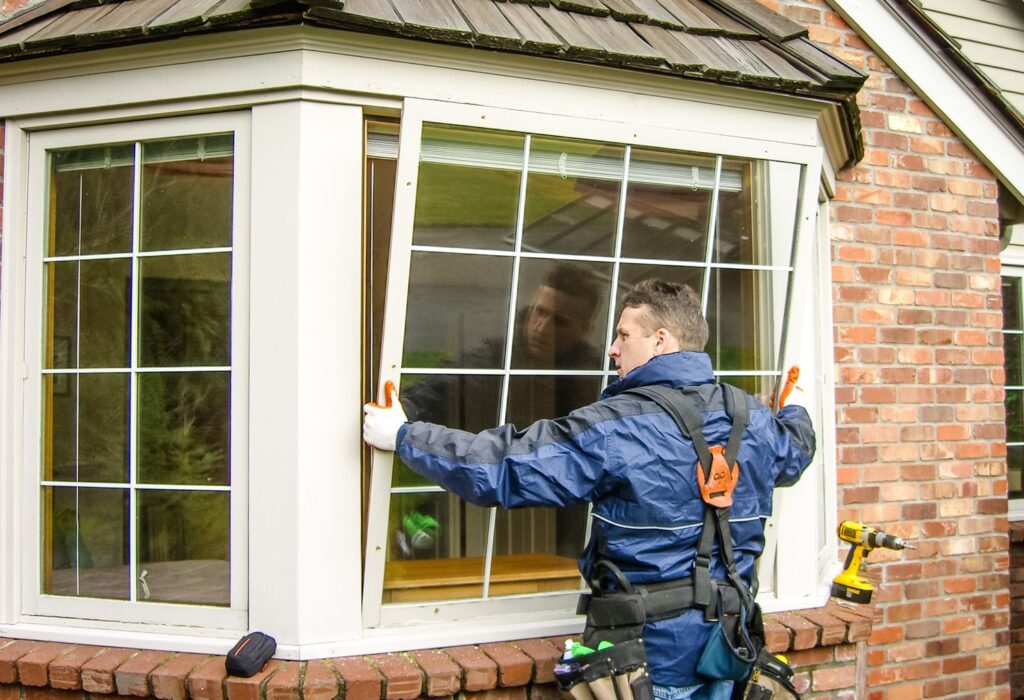
Steps for Replacing Glass in Windows
When replacing glass in windows, the steps can vary depending on whether it’s a single-pane or double-pane window. Here’s a general outline of what to expect:
- Assess the damage: Determine if the entire window needs to be replaced or if just the glass can be swapped out.
- Remove the old glass: Carefully remove the old, broken, or damaged glass. For double-pane windows, this involves removing the entire sealed unit.
- Measure and order new glass: Ensure precise measurements to fit the new glass into the existing frame.
- Install the new glass: Set the new glass pane into the frame, apply the sealant, and ensure a tight fit to prevent drafts or leaks.
Read Our Brand New Review – Learn more.
Choosing the Right Glass for Your Windows
When replacing glass, it’s important to choose the right type of glass based on your home’s needs. The type of glass you select will impact your home’s energy efficiency, security, and appearance. Below is a comparison table of popular window glass materials:
| Glass Type | Pros | Cons |
|---|---|---|
| Single-pane glass | Affordable, simple to replace | Poor insulation, not energy-efficient |
| Double-pane glass | Excellent insulation, reduces energy bills | More expensive than single-pane |
| Triple-pane glass | Superior energy efficiency, noise reduction | Highest cost, heavier than other options |
| Tempered glass | Shatters into small, safe pieces, strong | More expensive than regular glass |
| Laminated glass | Adds security and UV protection | Can be more costly, slightly thicker |
| Low-E glass | Reflects infrared light, improves efficiency | Higher cost, requires precise installation |
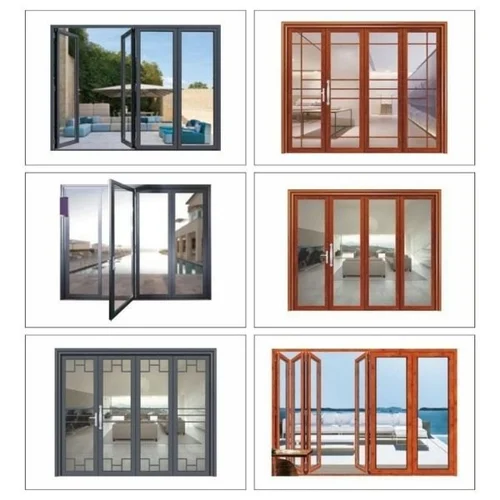
Professional Help vs. DIY
Replacing glass in windows can be done as a DIY project, but it often requires precision and experience, especially with multi-pane or specialty windows. Here’s a quick breakdown of when to consider DIY versus professional help:
- DIY window glass replacement: Suitable for single-pane windows and simple replacements where no structural work is needed.
- Professional glass replacement: Recommended for double or triple-pane windows, large custom windows, or when ensuring proper sealing is critical for energy efficiency.
Hiring a professional ensures that the replacement is done correctly, avoiding potential issues like air leaks or misaligned frames that could compromise the window’s performance.
Energy-Efficient Window Glass: Worth the Investment?
If you’re looking to improve your home’s energy efficiency, consider replacing old glass with energy-efficient glass such as double-pane or Low-E glass. These options reduce heat transfer, helping your home stay cooler in the summer and warmer in the winter, while also reducing your energy bills.
Conclusion
Whether you’re dealing with a broken window or seeking to enhance your home’s insulation, replacing glass in windows is an important task that can improve your home’s comfort, security, and efficiency. By understanding the types of glass available and when to seek professional help, you can ensure that your window replacement is both effective and long-lasting.

